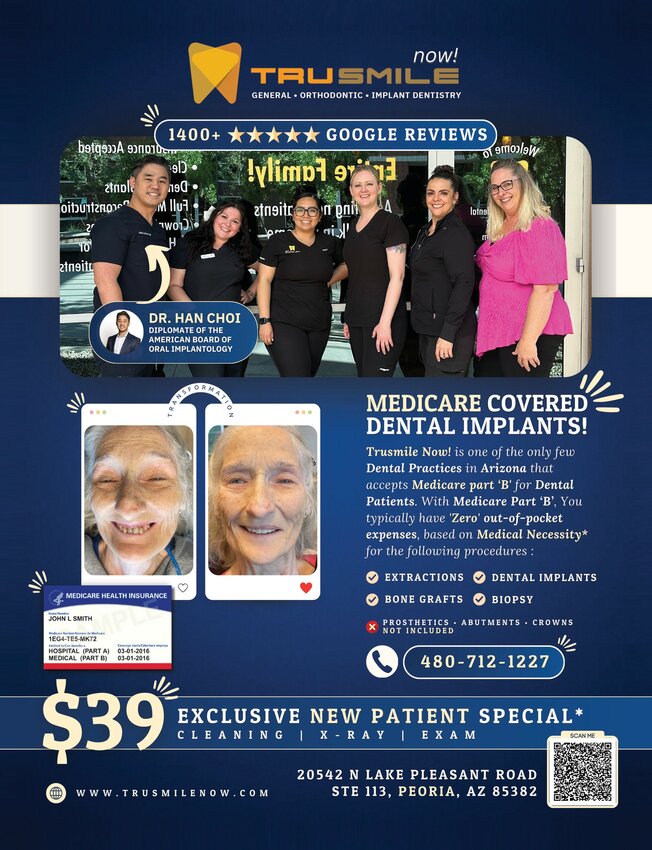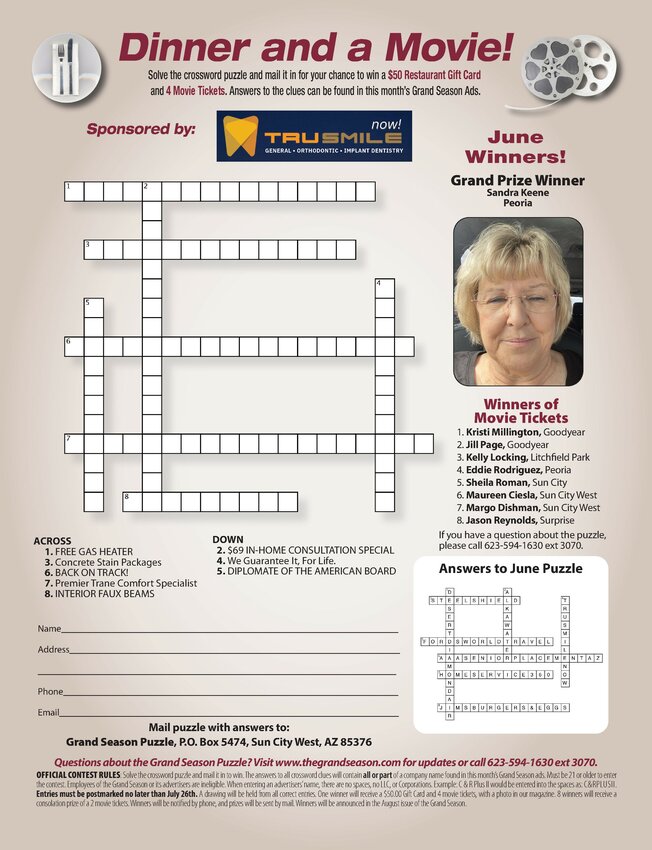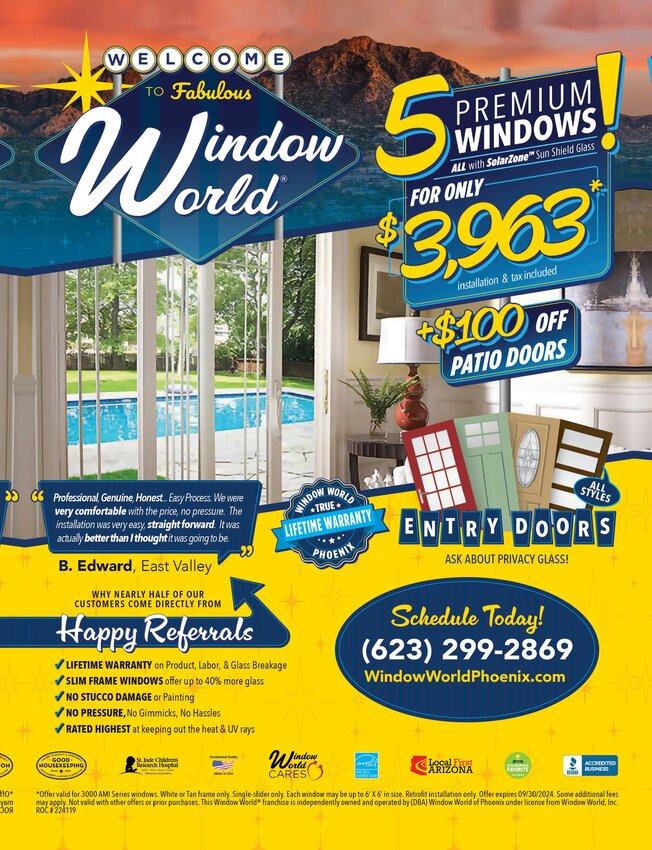Making a Decision About Assisted Living
Here's some news about getting old:
The U.S. population aged 65 or older will double during the next 30 years by 2040, one in five Americans (roughly 81 million) will be 65 or older.
80 percent of seniors have at least one chronic health condition half have at least two.
By 2030, 7.7 million adults 65 or older will have Alzheimer's.
Extreme stress can take as much as 10 years off a family caregiver's life.
All this suggests that more and more people will be deciding whether to move to an assisted living community. These are designed for people who still have and want some independence but need more care than most families can provide.
Here are five signs to look for:
Failure to Thrive: Your senior has difficulty with daily activities, doesn't eat well, isn't showering as often as before, can't keep the house as clean, isn't dressing as well.
Chronic Health Conditions: Your loved one may be getting sick more often.
Here's some news about getting old:
The U.S. population aged 65 or older will double during the next 30 years by 2040, one in five Americans (roughly 81 million) will be 65 or older.
80 percent of seniors have at least one chronic health condition half have at least two.
By 2030, 7.7 million adults 65 or older will have Alzheimer's.
Extreme stress can take as much as 10 years off a family caregiver's life.
All this suggests that more and more people will be deciding whether to move to an assisted living community.
These are designed for people who still have and want some independence but need more care than most families can provide.
Here are five signs to look for:
Failure to Thrive: Your senior has difficulty with daily activities, doesn't eat well, isn't showering as often as before, can't keep the house as clean, and isn't dressing as well.
Chronic Health Conditions: Your loved one may be getting sick more often.
Socialization Declines: Conversations are getting shorter; there's less community involvement and less engagement with friends.
If these signs are present, it might be time for an assisted living community. These tips may help.
Early Intervention: The sooner you talk about it, the better.
Involvement in the decision- making process: What would the person concerned like in a facility? The more everyone is engaged in the process, the smoother the transition can be.
Family Involvement: This is critical. Remain involved with regular visits, especially on holidays and birthdays, and engage in special outings. Make sure you're spending quality time.




























